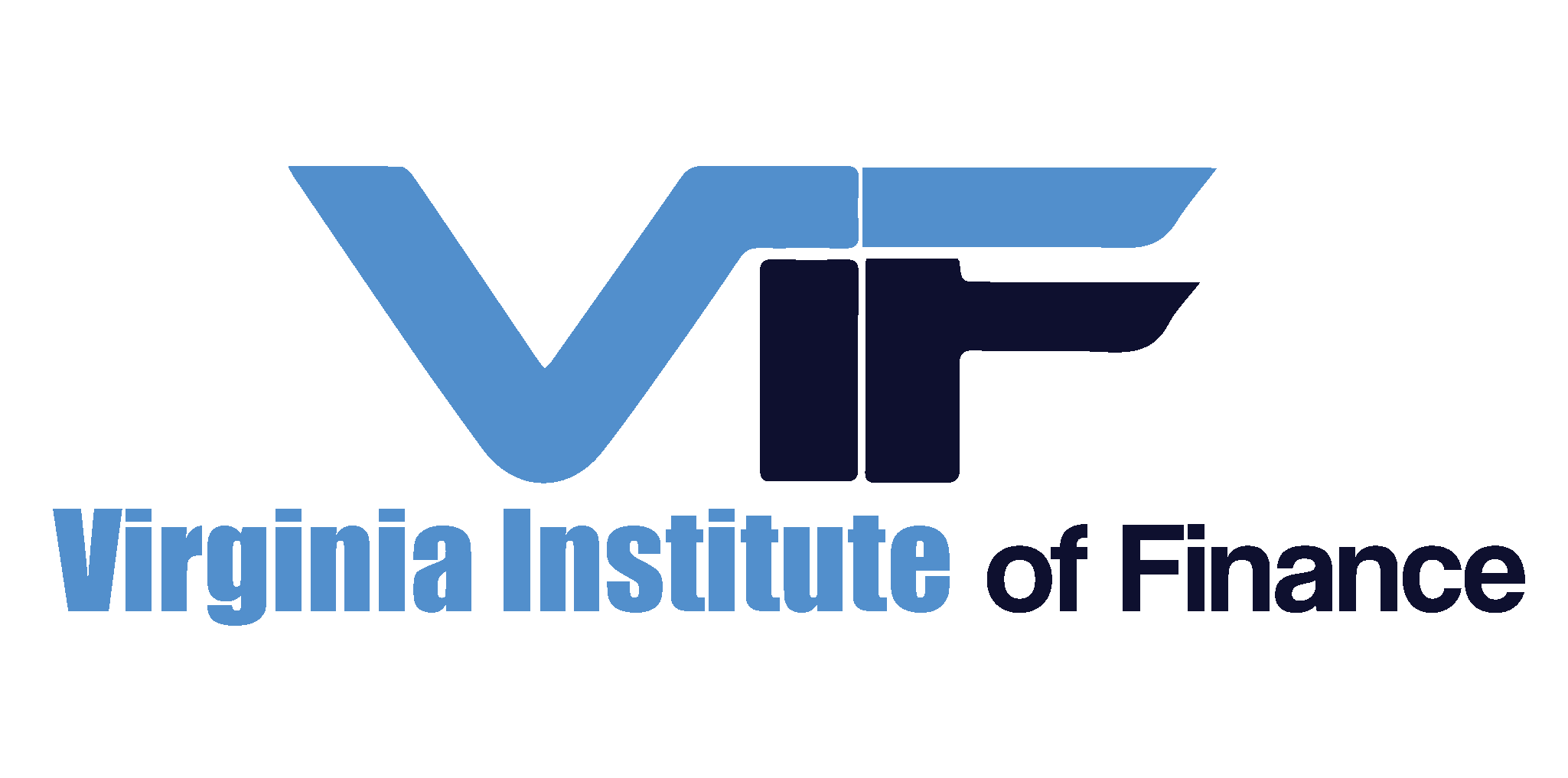This 5-day interactive Financial Crime & Regulatory Best Practices training course gives the delegates a comprehensive overview of the regulatory aspects of financial crime and how to achieve best regulatory practices in the organisation.

This 5-day interactive Financial Crime & Regulatory Best Practices training course gives the delegates a comprehensive overview of the regulatory aspects of financial crime and how to achieve best regulatory practices in the organisation.
It will cover the major international regulatory bodies and their recommendations and show how domestic rules have evolved from these. It will cover the typologies of financial crime that the delegates will encounter and allow them to examine the process of applying regulations in different business settings.
All the types of financial crime identified by the regulators, as well as examining the types of regulatory bodies, their roles, and the major global regulations that need to be adhered to & the ever-changing regulations, and what is required to make them a success. In addition, we will look at the 'informal' or advisory regulations and regulators and identify how and where they should be applied.
Throughout the training course, the delegates will be examining real examples of financial crime and the vulnerabilities that the criminals exposed in the policies & procedures, rules & regulations of financial institutions, and how staff within those firms can be invaluable in identifying unusual activity.
Likewise, it will examine the digital assets and crypto-currencies markets and the regulatory issues thrown up by these new 'asset classes' - could/should they be regulated and the financial crime threats they pose to the organisation. Looking at the gaps in the digital ecosystem's regulatory process and how technology is both helping and hindering our attempts to bring stability to this part of the market. Finally, this will enable each delegate to examine 'best-practice' in applying financial crime regulations in their organisations and how other major financial institutions deal with their regulatory issues.
Day One: The Overview Of Financial Crime
Predicate Crimes
Tax Crimes
Terrorist Financing
Environmental Crimes
People Trafficking
Product Piracy & Forgery
Cyber Crimes
Crimes in the World of Digital Assets
Crimes highlighted by the recent pandemic
Fraud & Embezzlement
Bribery
The A-Z of other Financial Crimes
Day Two: Regulation
The Purpose of Regulation
The Major Global Regulators
Informal [recommendations] vs Formal Regulations
Commonalities
The Risk-Based Approach: What does it mean?
FATF Recommendations
Wolfsberg
OECD
Examining Egmont
Global Bribery Laws and Regulations
Fines and sanctions for Regulatory Breaches
Third-party Influencers who Guide Regulations – ICIJ/TI etc.
Day Three: Money Laundering Regulations
Rules Designed to Prevent Placement
Regulations on KYC/KYN
Due Diligence & Enhanced Due Diligence
PEPs and High-risk Individuals/Clients
Finding the Controller & UBO: Best Practices in Regulatory Compliance
SOW/SOF: How far back do we go?
The Regulatory Role of the MLRO
Using Technology and Data to ensure Regulatory Compliance
New ML Techniques and Areas of Regulatory Weakness
Day Four: Sanctions Regulations & Digital Assets
Defining Sanctions
The Different Types of Sanction
Who imposes sanctions?
Examining and Contrasting Sanctions Regimes & Regulations
Types of Sanctions Breach
‘Proxy Countries’ and their Use
Sanctions Officers and their Role
The Digital Asset Ecosystem
Can digital assets be regulated?
Existing and Proposed Regulations
Problems with Regulating Extra-territorial Entities
Ensuring Effective Compliance
Day Five: Regulatory Compliance
Policies, Procedures, and Processes: Strengths & Weaknesses of Financial Institutions
Fit & Proper Persons Regimes
Conduct Risk and its Growing Importance
Malicious Insiders and their Impact
The Challenges of Remote Working
Examining the Optimum relationship between the Three Lines of Defence
Making it easy for staff to spot and report regulatory breaches
Operational Risk and Financial Crime
The Role of Internal Audit, Compliance
Takeaways and Practical Advice
XCalibre Training Centre offers unique development and skill-based training courses internationally that aim to nurture practical result-driven abilities in individuals to keep up with the constantly changing business requirements.
We equip people with information and opportunities to propel them forward in their careers by offering training in versatile sectors, including human resources, energy and innovation, data management & IT, maritime management, and more.
Our organisation hires globally-acclaimed subject matter experts that has extraordinary references. Having this together with their academic knowledge and real-life experiences can bring out courses and seminars with best practices that ensure substantial output and benefits to the attendees.
XCalibre Training Centre assists our delegates from varied backgrounds, qualifications, designations, and industries willing to improve their career path for self-sustenance and self-realization. The end goal is to create a mutually beneficial relationship between organizations and their employees to reach their desired levels of success.
(Institute Review)
55 years ago(Institute Review)
55 years ago
This CFE review course combines the study of financial reporting and transaction with an overview and understanding of investigation techniques, law, fraud prevention and other similar approaches.

With the help of this training, you will find yourself equipped with valuable skills and knowledge to identify fraudster by learning about the language correspondence used by such people and also master the art of defence when it comes to th

This course teaches participants the most modern and broad approaches to fraud prevention, detection and investigation techniques.

The course will provide you with a language, framework and insight which will put you well ahead of others in this highly competitive environment. With this framework you will analyse world class excellence in business, apply it to real situ
© 2025 www.coursetakers.ae All Rights Reserved. Terms and Conditions of use | Privacy Policy